Nigeria has not celebrated the return of her Olympians after Rio 2016!
For the wrong reasons the country has failed to honour the ‘soldiers’, it sent to a global ‘war’ without weapons, without motivation and without adequate preparation, yet expected to bring back unearned and undeserved medals.
The country forgets that participating in the Olympic games is not primarily about winning medals.
Every Olympian represents the best of their country in an era. He (or she) joins with others from over 200 countries from all parts of the world every four years in this global festival that showcases the best of humankind in sports.
In 2006 during the Centennial Olympic games that held in Greece, the Olympic Movement demonstrated the essence of the Olympics by recalling the heroics of four Nigerian girls at Barcelona ‘92.
It was captured in a television advert that showed the girls as they ‘flew’ into the air, did an ecstatic lap around the tracks of the stadium in Greece to the standing ovation of a capacity audience.
The girls had won the hearts of everyone by the way they celebrated the race they did not even win!
The Nigerian girls had run in the finals of the sprints relay. The Americans came first. Another country came second. The Nigerian team came third, but only by a hair’s breadth that took several slow-motion replays on the giant screen within the stadium to establish. When it was finally revealed that they had come third they celebrated it as if they had won the world!
It was a great moment and a reminder of the true and original spirit of the Olympics, where every athlete is a winner and does not necessarily have to come ‘first’ in a race to be considered a winner.
Unfortunately, this may not be appreciated by those that do not understand what competing at the Olympics means and what winning entails. So, they remain mired in the cocoon of their limited understanding, spreading the wrong message.
That’s why I am not enjoying the present blaming, lamentation, and cheap talk by some administrators already telling Nigerians to start to prepare to win medals in Tokyo 2020.
These have eclipsed the need to first honour and thank the gallant athletes that went to Rio by welcoming them not necessarily with garlands but with gestures of gratitude for doing their best despite the worst kind of support and preparation any country could possibly give athletes it expects to succeed.
By even referring to the next Olympics in Tokyo before putting to rest the shame of Rio, these administrators only want to set the country back on the same old unproductive route. That’s exactly what they said and did after London 2010.
Countries set their own realistic goals about the Olympics. A country that wants to win medals must pay the price, work for it and earn it.
Meanwhile, Olympians are the best athletes a country sends as ambassadors to this highest level of competition of the youths of the world. Medals or not, these ‘soldiers’ must be appreciated, thanked and honoured, first and last.
The Olympics were not conceived for the primary purpose of producing Gold, Silver and Bronze medalists.
Those are important byproducts, no doubt, because they measure the extent of man’s quest to challenge and conquer the limits of physical human capacity, and of attracting the attention and followership of the rest of humanity by providing unprecedented entertainment whilst competing. All of these whilst seeking to achieve the much higher goal of Global Peace.
The Olympic Movement chose sports as a vehicle to achieve that that ideal.
The original strategy adopted was simple. During the period that the youths of the world assemble for a period of two weeks to compete in a healthy series of sports events, a Truce would be declared around the world for cessation of all fighting and wars (albeit temporarily) during which tempers would cool long enough for the conflicts to be resolved and, hopefully, for peace to sustain after the games.
The passage of time seems to have afflicted that intention. The conflict resolution objective is slowly and steadily giving way to the shallower goal of chasing after medals (sometimes by-all-means)
The result of this diffusion in final goal has created the extremes some athletes and countries are now willing to go in order to win medals.
I recall that after the Atlanta Olympics of 1996, there was a poll of some athletes by a scientific research group on how far athletes were willing to go in order to mount the podium and listen to their country’s national anthem being played. They were asked to make what everyone thought was a hard choice: win an Olympic Gold medal using drugs but die young, or compete without drugs, probably not win anything but live long.
To the consternation of everyone else that was not an athlete, it turned out to be a very easy choice. The overwhelming majority of the athletes interviewed chose the option of using drugs, dying young, but winning a Gold medal!
The decline into the abyss of the use of substances to aid performances in the inordinate chase of medals (and the rewards that come with them) has become a very sore point of the Olympics today.
It is no surprise, therefore, that the Olympics have now become a race between doping athletes (and countries) and the anti-doping agencies chasing furtively to catch up and ‘arrest’ them.
Here in Nigeria, we have mixed up our priorities in a cesspool of ignorance. The country is not chasing realistically goals, instead, she is addressing the scars of Nigerian sports and not the viruses plaguing it.
So, even when the country’s Olympic heroes return home from a battle they are neglected and their effort is quickly forgotten. They are neither welcomed back properly nor celebrated. Yet these are the simple priceless gestures that would motivate them, as well as the next generation of athletes, to do more and hopefully achieve something for the country at the next Olympics.
The formula for winning medals is simple. It is not a sprints event. It is a marathon and never happens by accident. It is the product of long, painstaking planning, of adequate funding and committed attention to details; of early discovery of gifted athletes, and of an intensive programme of specialised training and a regimented lifestyle dedicated to endless training and competitions.
It is a long, lonely and hard road to travel over a very short span of life. It is a road only very few can successfully traverse. Even then there is no guarantee of a medal at the end of the gruelling navigation that must start at a very early age and terminate around the 30 years age-mark.
That’s why every country must celebrate its Olympians. Ultimately, there are no guarantees of medals, The only guarantee an athlete can give is to put up their best performance after the best training they can get and hope to win. That’s what the Olympic games demands!
Those that win medals will, of course, be celebrated more than the others, but all the athletes must be celebrated because, at the Olympic Games, every athlete is a winner.
It is not too late for Nigeria to do the needful by welcoming back the country’s gallant heroes that it threw into the heart of a global war without weapons, and by thanking them for giving of their best in Rio. That will encourage them and charge the next generation.
The country can then decide what she wants from the next Olympics and take the necessary steps to achieve them.
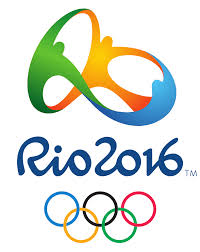
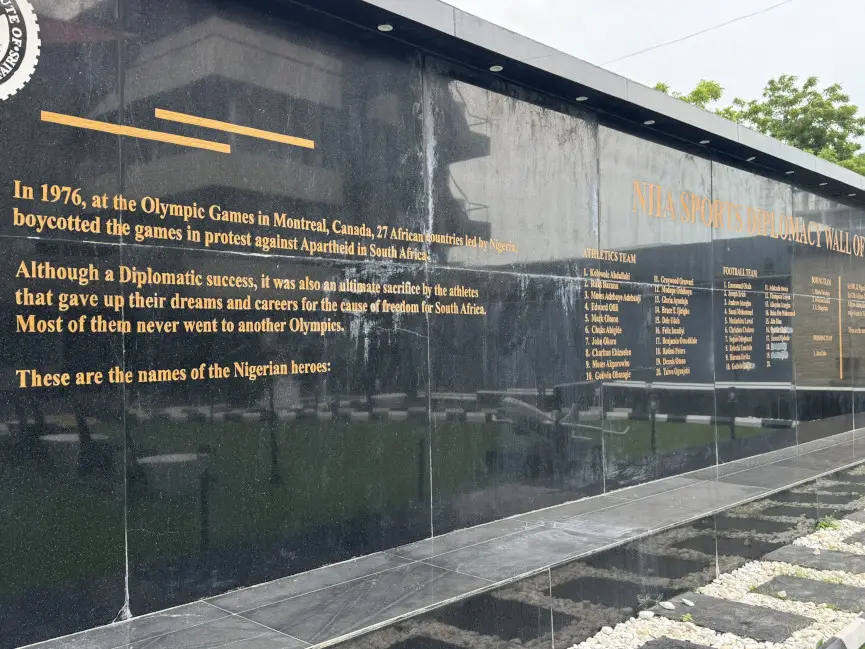
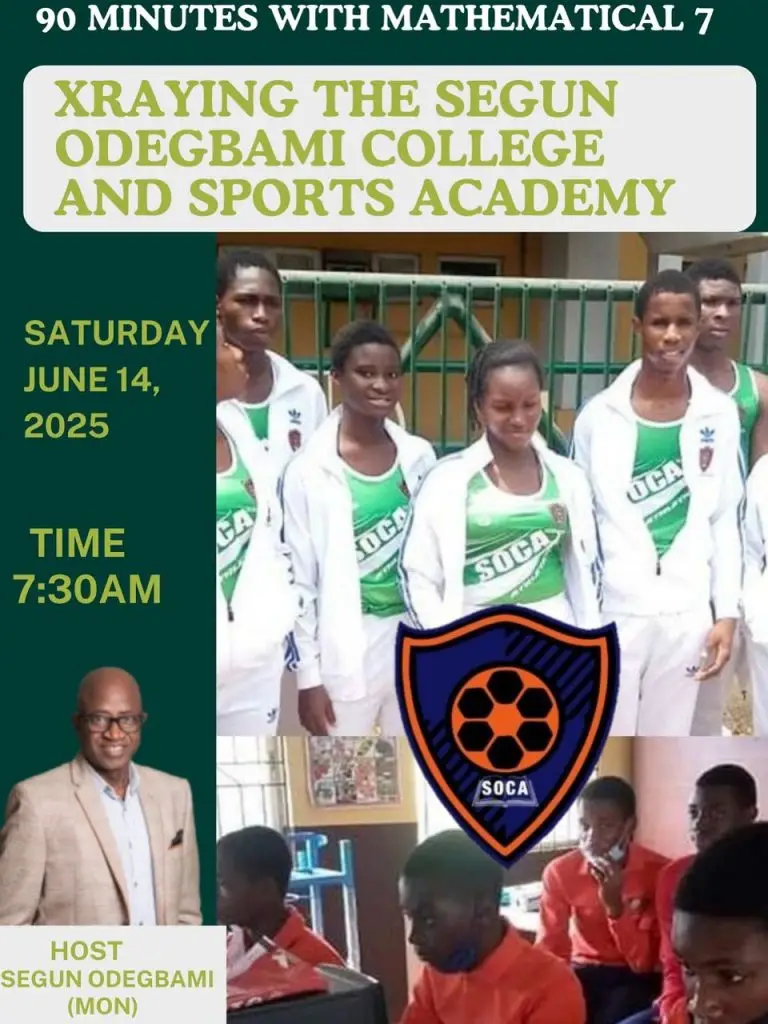
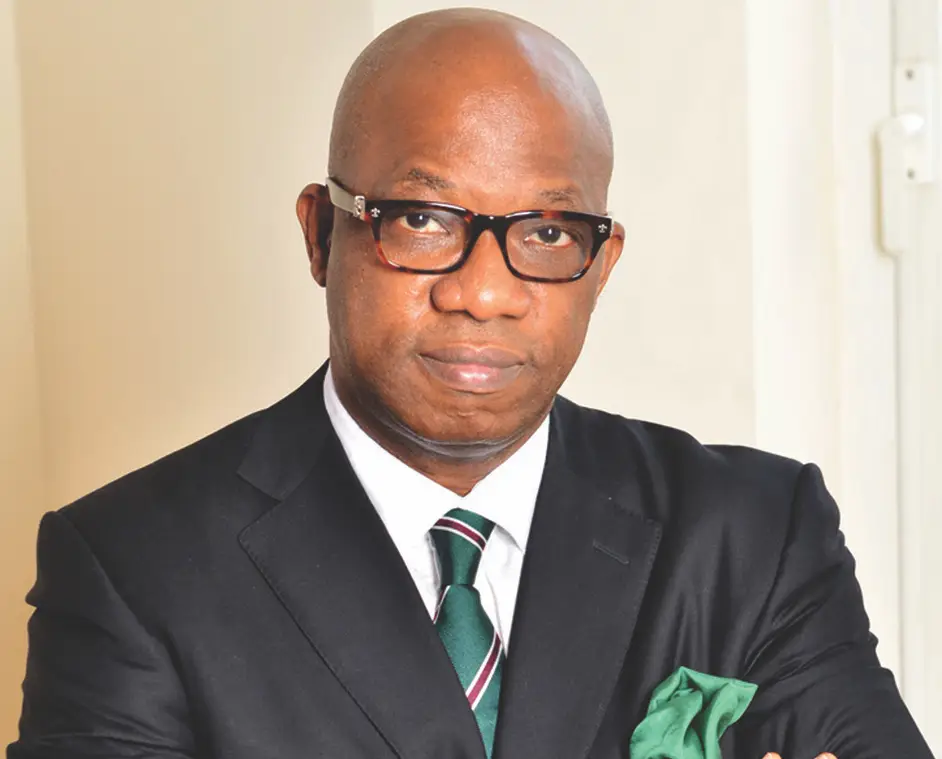
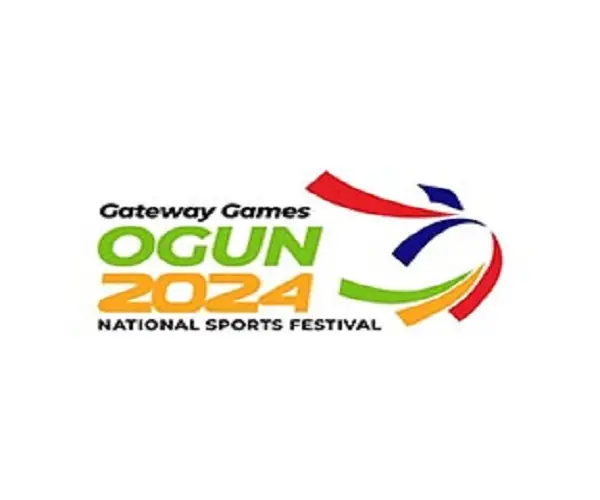
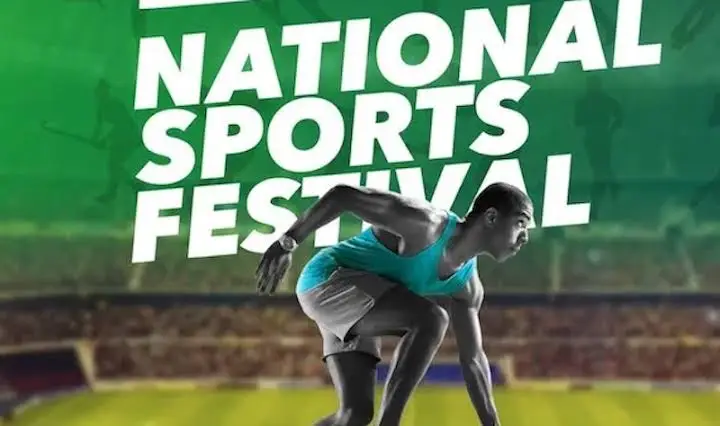



Idealism about Nigeria sports has it benefits. Realism is what happened again in Rio. Government is often made up of people with different interests and different agenda. To think of honoring returning Olympian requires insights and vision. You should not be telling those in power to honor our fallen athletes! Our sport administrators lack vision and the will to do what is right for sports. Until your generation begin the fight for my generation to sustain, forget it. Imagine if Segun Odegbami and Adokie and others stop writing about ways forward, what will happen to my generation? Please get your friends in APC to wake up. I have spoken again!